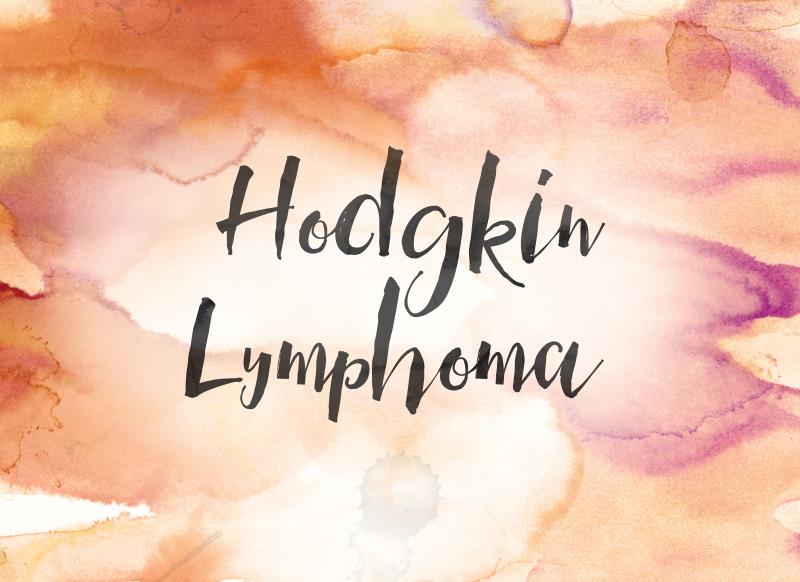Pembrolizumab yields PFS benefits over brentuximab vedotin in R/R classical Hodgkin lymphoma





Pembrolizumab may extend progression-free survival (PFS) in patients with relapsed/refractory classical Hodgkin lymphoma (R/R cHL) who are ineligible for or have relapsed following autologous stem-cell transplant (auto-SCT), according to the phase III KEYNOTE-204 trial.
“[P]embrolizumab monotherapy showed statistically significant and clinically meaningful improvement in PFS versus brentuximab vedotin in patients with R/R cHL that relapsed post-auto-SCT or were ineligible for auto-SCT,” said study author Dr John Kuruvilla from the Princess Margaret Cancer Centre in Toronto, Ontario, Canada, at ASCO20.
Participants were 304 patients with R/R cHL who were ineligible for or had relapsed after auto-SCT and had failed one prior line of therapy. They were randomized 1:1 to receive up to 35 cycles of either intravenous pembrolizumab (200 mg; median age 36 years, 55.6 percent male) or brentuximab vedotin (1.8 mg/kg; median age 35 years, 58.8 percent male) Q3W.
At baseline, the proportion of patients who had undergone auto-SCT was comparable in the pembrolizumab and brentuximab vedotin groups (37.1 percent vs 36.6 percent), as was disease status following frontline therapy (primary refractory: 40.4 percent vs 40.5 percent; relapsed <12 months: 27.8 percent vs 27.5 percent). Median duration of therapy was 305 and 146.5 days in the pembrolizumab and brentuximab vedotin arms, respectively, and 13 and three patients, respectively, remain on treatment.
After a median 25.7-month follow-up (after 169 events), PFS – as per blinded independent central review – was longer among pembrolizumab compared with brentuximab vedotin recipients (median 13.2 vs 8.3 months; hazard ratio [HR], 0.65, 95 percent confidence interval, 0.48–0.88; p=0.00271; 1-year PFS: 53.9 percent vs 35.6 percent). [ASCO20, abstract 8005]
The results were consistent in multiple subgroups including with vs without prior auto-SCT (HR, 0.72 vs 0.61), disease status after frontline therapy (HR, 0.52, 0.82, and 0.72 in patients with primary refractory, relapse at <12 months, and relapse at ≥12 months, respectively), and with vs without prior brentuximab vedotin exposure (HR, 0.34 vs 0.67).
Objective response rate was improved in pembrolizumab vs brentuximab vedotin recipients (65.6 percent vs 54.2 percent; estimated difference, 11.3 percent). Complete response was noted in 37 patients in each group, while partial response occurred in 41.1 and 30.1 percent of pembrolizumab and brentuximab vedotin recipients, respectively. Median time to response was 2.8 months in each group and duration of response a median 20.7 and 13.8 months in pembrolizumab and brentuximab vedotin recipients, respectively.
Consistent safety outcomes
Grade 3–5 treatment-related adverse events (TRAEs) occurred in 19.6 and 25.0 percent of pembrolizumab and brentuximab vedotin recipients, respectively, and 16.2 and 10.5 percent experienced serious TRAEs. One pembrolizumab recipient died due to a TRAE (grade 5 pneumonia).
The most common TRAEs, primarily grade 1–2, were hypothyroidism, pyrexia, and pruritus with pembrolizumab, and peripheral neuropathy, sensory neuropathy, and nausea with brentuximab vedotin. The more frequent immune-mediated AEs in pembrolizumab recipients were hypothyroidism and pneumonitis. Half of pneumonitis cases were grade 3–4 and were mostly deemed treatment-related.
Treatment was discontinued in 74.3 and 96.1 percent of pembrolizumab and brentuximab vedotin recipients, respectively, primarily due to disease progression (39.9 and 53.2 percent, respectively) or AEs (13.5 and 17.8 percent, respectively). Sixteen and 17 patients in the respective groups discontinued treatment and underwent bone marrow transplant.
A new SoC
While salvage chemotherapy and auto-SCT is the standard of care (SoC) for eligible patients with R/R cHL, there is no SoC for patients who are ineligible for auto-SCT due to chemorefractory disease, comorbidities, or advanced age, said Kuruvilla.
“Pembrolizumab should be considered the preferred treatment option and the new SoC for the treatment of R/R cHL in patients that have relapsed post-auto-SCT or are ineligible for auto-SCT,” he concluded.